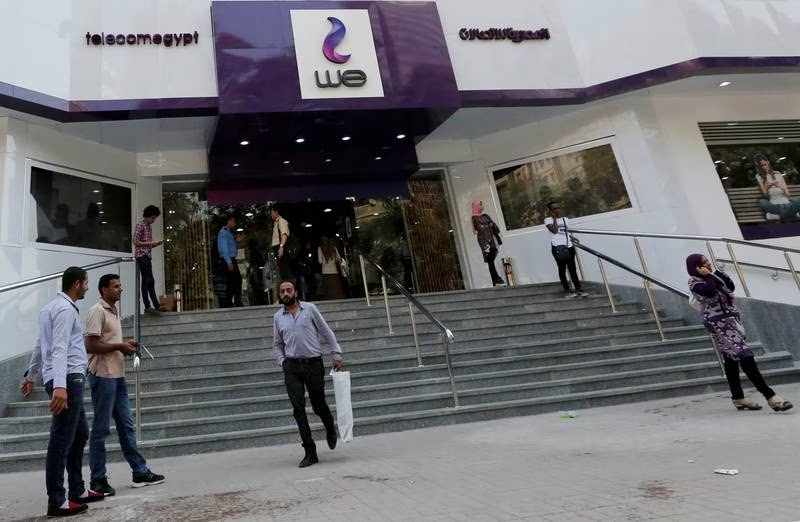In a $121 million agreement, Cairo sells 9.5% of Telecom Egypt
As the largest economy in North Africa continues to push
forward with its reform plan, Egypt sold a 9.5% share in the state-run Telecom
Egypt on Sunday for a price of 3.7 billion Egyptian pounds ($121 million).
According to a filing with the exchange, the business sold
162.2 million shares through the Egyptian Stock Exchange, with each share
costing 23.11 Egyptian pounds.
According to a second filing made by Telecom Egypt on
Sunday, the government is also giving its employees an additional 0.5% interest
in the company.
The agreement, which has been in the works since March, is
the first concrete move in Cairo's ambition to boost the faltering national
economy through the sale of public assets.
The administration unveiled a comprehensive economic
reform plan that calls for selling a portion of the stock in 32 enterprises
through either initial public offerings or private placements.
There are an unspecified number of businesses managed by
the Egyptian military among the state-linked firms. Only Wattaneya and Safi
have been identified among them.
The epidemic and the war in Ukraine have had a significant
negative impact on Egypt's economy. After three devaluations since March of
last year, the currency has lost more than half of its worth.
The government is attempting to enlist the International
Monetary Fund's financial support. The Egyptian government has agreed to scale
back its involvement in the economy and restrain the expansion of military
enterprises in order to be eligible for a financing program.
Additionally, it has promised to boost the contribution of
the private sector to the economy from 30% to 65% by 2025.
According to an IMF forecast from January, public assets
worth $8.6 billion will be sold by the end of the year.
Last month, Prime Minister Mostafa Madbouly reiterated the
intention to float state corporations, announcing the addition of 10 additional
military-run businesses to the list of companies to be sold through IPOs.
The administration has repeatedly assured the public that
the initiative is still on track, yet nothing has been done to list these
businesses on the stock exchange.
Gulf nations have so far been Egypt's largest investors
and the most active purchasers of state assets. The government's initiatives to
sell shares in those firms are anticipated to mostly benefit them.
More than twice as many mergers and acquisitions were
completed in Egypt last year—66 in total. In 40 of the transactions, businesses
from the UAE and Saudi Arabia acquired holdings.


Comments
Post a Comment